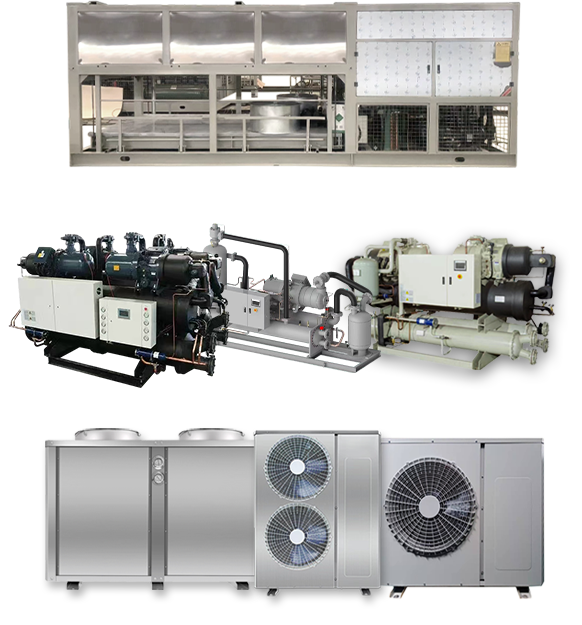water cooled industrial chiller supplier
The Essential Guide to Water-Cooled Industrial Chillers
In today’s industrial landscape, climate control is crucial for maintaining operational efficiency and product quality. Water-cooled industrial chillers are a popular choice among manufacturers and facilities due to their effectiveness in heat dissipation, energy efficiency, and reliability. This article explores the advantages of water-cooled chillers and highlights some considerations when selecting a supplier.
What is a Water-Cooled Industrial Chiller?
Water-cooled chillers operate by using water as the heat exchange medium to remove heat from a process or facility. Unlike air-cooled chillers that rely on air to disperse heat, water-cooled systems utilize cooling towers or other water sources to draw heat away efficiently. This method makes them particularly suitable for large-scale operations where excessive heat generated from machinery or production processes needs effective management.
Advantages of Water-Cooled Chillers
1. Higher Efficiency Water-cooled chillers generally have a higher coefficient of performance (COP) compared to their air-cooled counterparts. This means that they can provide more cooling capacity for the same amount of energy consumed, leading to significant cost savings in energy expenses.
2. Lower Operating Costs Due to the higher efficiency and the ability to manage larger cooling loads, water-cooled chillers often result in lower operating costs. This is particularly beneficial in environments where continuous cooling is necessary, such as manufacturing plants, data centers, and chemical processing facilities.
3. Space Efficient Water-cooled chillers are often more compact than air-cooled systems. By utilizing a cooling tower located away from the main facility, these chillers can be installed in environments where space is at a premium.
4. Sustainability As industries move toward sustainable operations, water-cooled chillers offer an eco-friendly alternative. They often use less refrigerant and can be designed to minimize water consumption while maximizing cooling efficiency.
5. Longevity and Reliability With proper maintenance, water-cooled chillers can have a long operational life. Their robust design and construction make them reliable even under heavy usage, which is a key consideration for industrial applications.
water cooled industrial chiller supplier

Choosing the Right Supplier
Selecting the right supplier for water-cooled industrial chillers is critical to ensuring optimal performance and longevity of the equipment. Here are some key factors to consider
1. Experience and Reputation It’s essential to research potential suppliers’ backgrounds. Look for companies with a proven track record in manufacturing and servicing industrial chillers. Reading customer reviews and seeking recommendations can provide insights into their reliability and service quality.
2. Product Range and Customization A good supplier should offer a variety of models suited for different applications. Additionally, they should be willing to customize solutions based on specific industry needs, whether it’s adjusting cooling capacities or integrating advanced technology.
3. After-Sales Support After-sales service is crucial for the long-term performance of your chiller. Ensure that the supplier provides robust support, including maintenance services, troubleshooting, and easy access to spare parts.
4. Compliance and Standards Verify that the supplier adheres to industry standards and regulations. This includes certifications for efficiency, safety, and environmental compliance, which can influence both performance and the overall lifecycle cost of the unit.
5. Total Cost of Ownership While the initial purchase price of a chiller is important, consider the long-term operational costs, maintenance, and potential energy savings. A reputable supplier should provide a comprehensive cost analysis to help make informed decisions.
Conclusion
Water-cooled industrial chillers are an essential component for maintaining optimal temperatures in various industrial processes. With their efficiency, reliability, and potential for significant cost savings, they are a wise investment for many businesses. By carefully considering the qualities of potential suppliers and understanding the advantages of these chillers, industries can ensure they make the best choice for their cooling needs.
















































































































